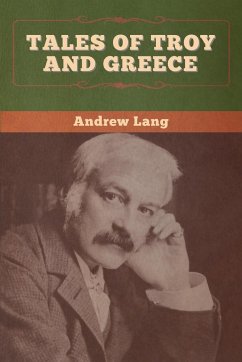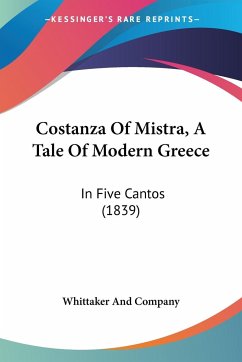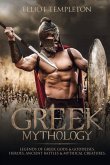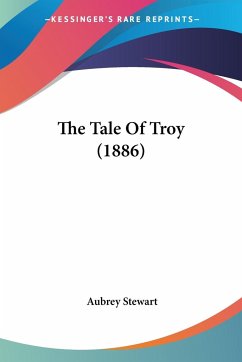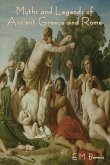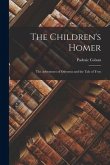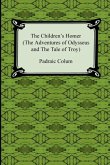Andrew Lang, (born March 31, 1844, Selkirk, Selkirkshire, Scot.-died July 20, 1912, Banchory, Aberdeenshire), Scottish scholar and man of letters noted for his collections of fairy tales and translations of Homer. Educated at St. Andrews University and at Balliol College, Oxford, he held an open fellowship at Merton College until 1875, when he moved to London. He quickly became famous for his critical articles in The Daily News and other papers. He displayed talent as a poet in Ballads and Lyrics of Old France (1872), Helen of Troy (1882), and Grass of Parnassus (1888) and as a novelist with The Mark of Cain (1886) and The Disentanglers (1902). He earned special praise for his 12-volume collection of fairy tales, the first volume of which was The Blue Fairy Book (1889) and the last The Lilac Fairy Book (1910). His own fairy tales, The Gold of Fairnilee (1888), Prince Prigio (1889), and Prince Ricardo of Pantouflia (1893) became children's classics. Lang also did important pioneer work in such volumes as Custom and Myth (1884) and Myth, Ritual and Religion (1887). Later he turned to history and historical mysteries, notably Pickle the Spy (1897), A History of Scotland from the Roman Occupation, 4 vol. (1900-07), Historical Mysteries (1904), and The Maid of France (1908). His lifelong devotion to Homer produced well-known prose translations of the Odyssey (1879), in collaboration with S.H. Butcher, and of the Iliad (1883), with Walter Leaf and Ernest Myers. He defended the theory of the unity of Homeric literature, and his World of Homer (1910) is an important study. (wikipedia.org)
Hinweis: Dieser Artikel kann nur an eine deutsche Lieferadresse ausgeliefert werden.
Hinweis: Dieser Artikel kann nur an eine deutsche Lieferadresse ausgeliefert werden.

